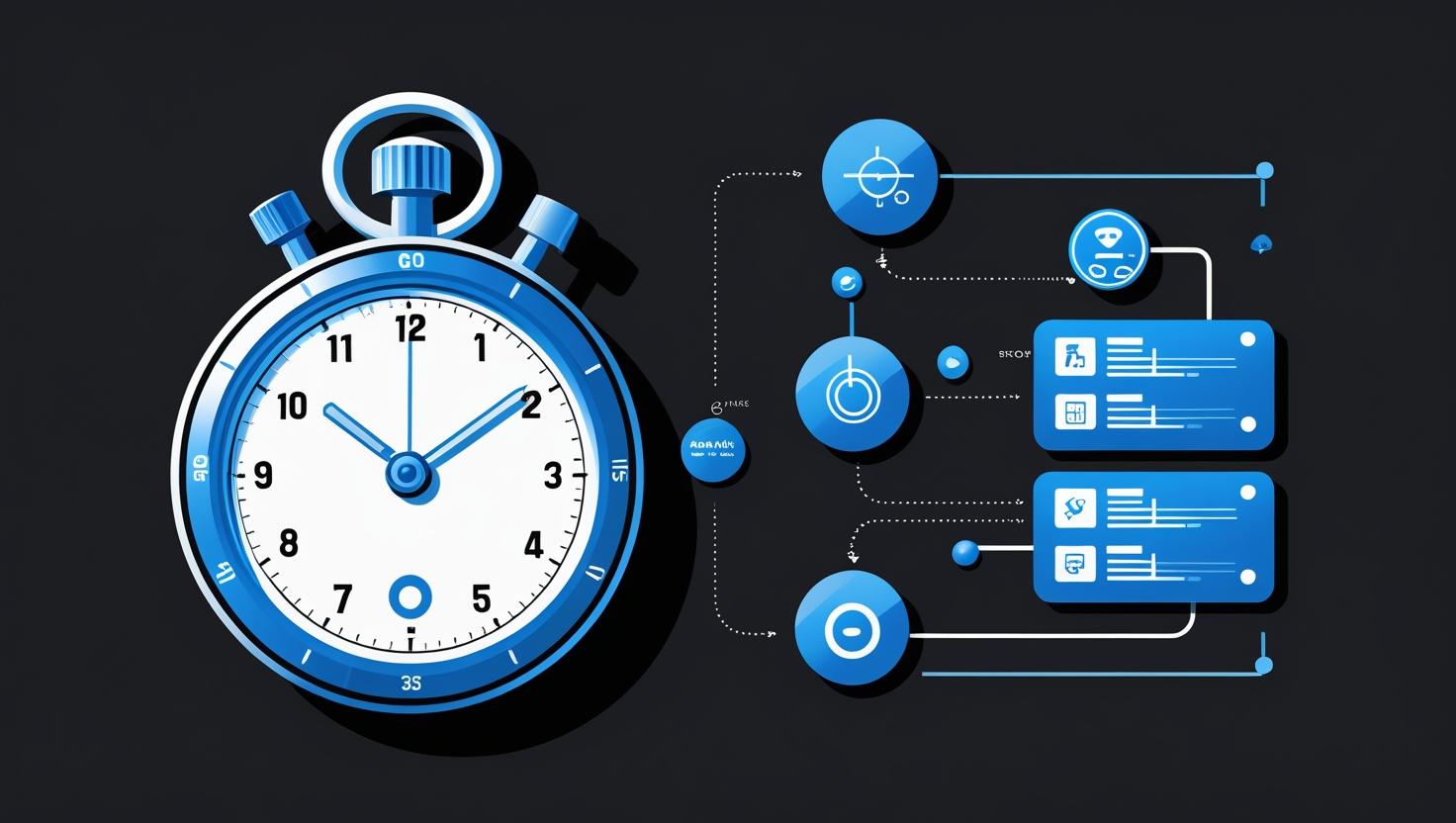Time Isn’t the Problem. Your Workflows Are.

Strong 8k brings an ultra-HD IPTV experience to your living room and your pocket.
We live in a world obsessed with time. Countless productivity apps, techniques, and planners promise to help us "master" it. But despite the tools, we still feel stretched, busy, and burned out. The truth? Time management isn’t the answer. Workflow management is.
The Time Myth We All Believe
We’re taught from an early age to treat time like currency: budget it, save it, and spend it wisely. But time isn’t money. You can’t bank it or earn more of it. Everyone gets the same 24 hours in a day.
So why do some people accomplish more than others with the same amount of time? It’s not because they work harder or longer. It’s because they work smarter. And working smarter starts with having better workflows.
What Is a Workflow, Really?
A workflow is simply the way your tasks move from "to-do" to "done." It’s the system behind your day—how you start projects, how you handle interruptions, how you communicate, and how you finish what you begin.
Good workflows remove friction. They automate repetitive actions. They give clarity. Bad workflows, on the other hand, lead to confusion, delays, and burnout.
Why Time Management Alone Fails
Let’s say you time-block your entire day. You give yourself one hour to write a report. But your notes are scattered, your tools don’t talk to each other, and you get pinged three times on Slack. That hour disappears before you even start writing.
It’s not a time problem. It’s a workflow problem.
Time management assumes you have the right systems in place. But if your workflows are broken, no calendar or planner will save you.
Signs Your Workflow Is Working Against You
- You constantly multitask but finish little.
- You repeat manual steps that could be automated.
- You lose track of tasks between tools.
- You feel busy but not productive.
- You dread starting certain tasks because the process feels clunky.
Sound familiar? You’re not alone. Most people operate with default workflows that grew organically and never got optimized.
Workflow Over Time: A Better Approach
Let’s compare two people with the same task: writing a weekly report.
Person A: Spends 3 hours gathering data, switching between apps, formatting charts manually, and writing from scratch.
Person B: Uses automated dashboards, a report template, and a defined checklist. They finish in 45 minutes.
Same time. Very different result.
When your workflow is streamlined, you spend less energy on coordination and more on creation.
How to Fix Your Workflows (Without Overhauling Everything)
You don’t need to throw out your current tools or adopt a rigid system. Start small:
1. Audit Your Day
Track what you actually do for a few days. Identify patterns, bottlenecks, and repetitive actions.
2. Eliminate the Unnecessary
Are you attending meetings that don’t need you? Sending reports no one reads? Cut what doesn’t move the needle.
3. Automate Repetitive Tasks
Use tools like Zapier, Notion, or ClickUp to automate reporting, reminders, or status updates. Even small automations save hours over time.
4. Use Templates and Checklists
Don’t reinvent the wheel. Standardize recurring tasks with templates. Use checklists to reduce mental load.
5. Minimize Context Switching
Batch similar tasks together. Turn off notifications when doing deep work. Create focus blocks.
6. Define Clear Start and End Points
Workflows often break when tasks don’t have clear triggers or completion criteria. Define what "done" looks like.
Tools That Support Good Workflows
You don’t need 20 apps. A few well-chosen ones can make a big difference:
Time Tracking: MaxelTracker, Hubstaff
Project Management: Trello, Asana, ClickUp
Automation: Zapier, Make.com
Docs & Collaboration: Notion, Google Docs
Choose tools that match your flow, not ones that force you to work a certain way. For example Hubstaff offers basic time tracking and employee monitoring, but if its features don’t align with your needs, you can go with other Hubstaff alternatives available in the market like MaxelTracker.
Systems, Not Sprints
Productivity isn't a short-term race. It’s the result of sustainable systems that support your goals. When your workflows are aligned with how you think and work best, you stop chasing time and start using it effectively.
So if you feel like you’re always behind, don’t ask, “How can I manage my time better?” Ask, “Where is my workflow broken?”
Because time isn’t the problem.
Your workflows are.
Note: IndiBlogHub features both user-submitted and editorial content. We do not verify third-party contributions. Read our Disclaimer and Privacy Policyfor details.



